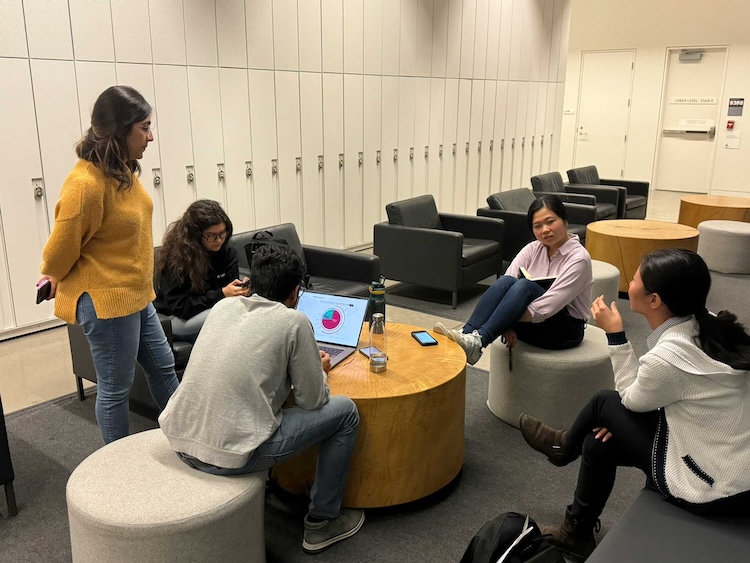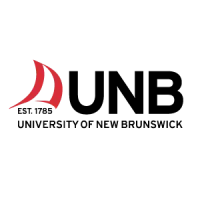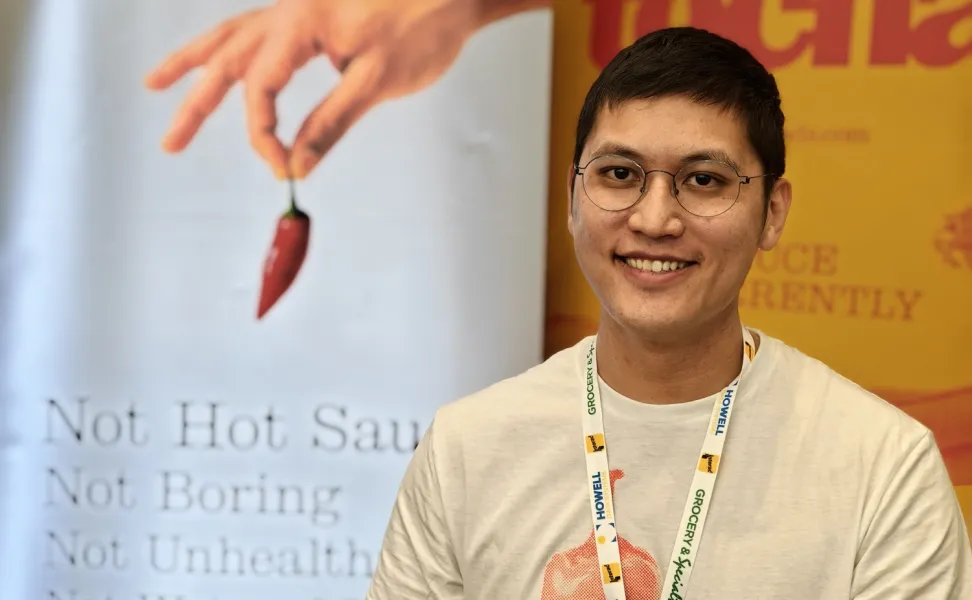With one of the world’s most stable economies, competitive tax rates and an accessible Start-Up Visa program, it’s little wonder entrepreneurs find Canada an appealing place in which to set up a business.
In 2024, Canada was voted fourth best country in the world by US News, scoring highly in the entrepreneurship, open for business, quality of life, and social purpose categories.
Toronto and Vancouver are both major business hubs on opposite sides of the country, each playing a significant role in the nation's economy and nurturing different industries. Toronto is widely regarded as a finance and business powerhouse and boasts North America's third largest tech hub. Vancouver meanwhile is gateway to the Pacific, and home to Canada's biggest port. It is also known for tech, logistics, the film and entertainment industry, natural-resources industries and a great quality of life. Both cities have a strong start-up culture.
BusinessBecause spoke to MBA students from each city about how their MBAs equipped them with the skills, tools, and knowledge needed to start their own food businesses. They agree that their MBA was instrumental in nurturing their entrepreneurial spirit.
Inspired by entrepreneurship classes
Matthew Tong (main picture) chose to study his MBA in his native Vancouver—at UBC Sauder School of Business—and originally started the program with the aim of becoming a consultant, one of the more popular careers for MBA graduates in Canada. But unexpectedly, Matthew found himself pursuing a different route.
After taking entrepreneurship classes from UBC Sauder experts (Fraser Pogue and Richard MacKellar), he says that something shifted. “I kept asking myself, ‘What if I did build my own company?’.”
Matthew says that each entrepreneurship class that he took—such as Entrepreneurial Finance and Creative Destruction Lab Vancouver—helped him think like both a founder and a venture capitalist. “The combination of these two different mindsets and skill sets now greatly influences how we build Tocha Foods on a day-to-day basis,” he says. "Some days we discuss our valuation and cap table; other days we debate our product market fit and target markets."
His second startup, Tocha Foods manufactures spiced sauces: “that provide a more flavorful alternative to ketchup, mustard and relish,” he says.
While studying for his MBA, instead of pursuing a summer internship, Matthew decided to build a tech startup. “Spoiler alert: it failed. However, had I not had the opportunity to "fail" and explore what being a founder meant, I would not have co-founded Tocha Foods with my UBC MBA classmate and friend, Viggy Venkat."
He adds: "My experience at UBC Sauder gave me the drive and confidence to discover and pursue that burning question."
Teaming up with an MBA classmate
Another partnership was key to the success of another start up on the opposite side of the country. Bill Tan launched his AI-driven pre-prepared food delivery service with fellow University of Toronto’s Rotman School of Management student Rohit Challa.
“I grew up having food around, and cooking and bonding with family around the dinner table. I saw that other families did not necessarily have that positive experience—that always stayed with me,” says Bill, who is originally from Singapore.
When using food-delivery companies such as HelloFresh, Bill says he began to identify a business opportunity: “I saw that there was a way these companies could better apply machine learning and artificial intelligence to their operations.”

Armed with their idea, Bill and Rohit turned to Startup Rotman (pictured above), an in-house program that focusses on nurturing the entrepreneurial instincts of Rotman students. The program supports their efforts to move their business ideas from conception to execution and validation, and provides students with thought-leadership events, courses and mentorship.
Startup Rotman is the brainchild of Hussam Ayyad, the program’s executive director. “Our students don’t need to go outside to work on their business ideas,” he says, “we are building all the right pieces and capabilities to support them while they’re right here and help them to start building a great network in the startup ecosystem that can eventually take them beyond Rotman.”
Rohit believes that without Startup Rodman it would have been hard to reach investors, and that the university was key for making connections. “Rotman helped create a community of people to collaborate with and build ideas as a group. It also put us in touch with great mentors and speakers who shared their knowledge about how they themselves built companies.”
Harnessing the business school network
Matthew also credits his university with being instrumental in making his business what it is today. “The professors of UBC Sauder MBA and my cohort were and still are some of Tocha’s loudest advocates. What you taste in our sauces today was influenced by feedback from my fellow students.”
The knowledge shared by the people he met while on his program was, he says, absolutely invaluable.
This article was paid for by the featured business schools.





